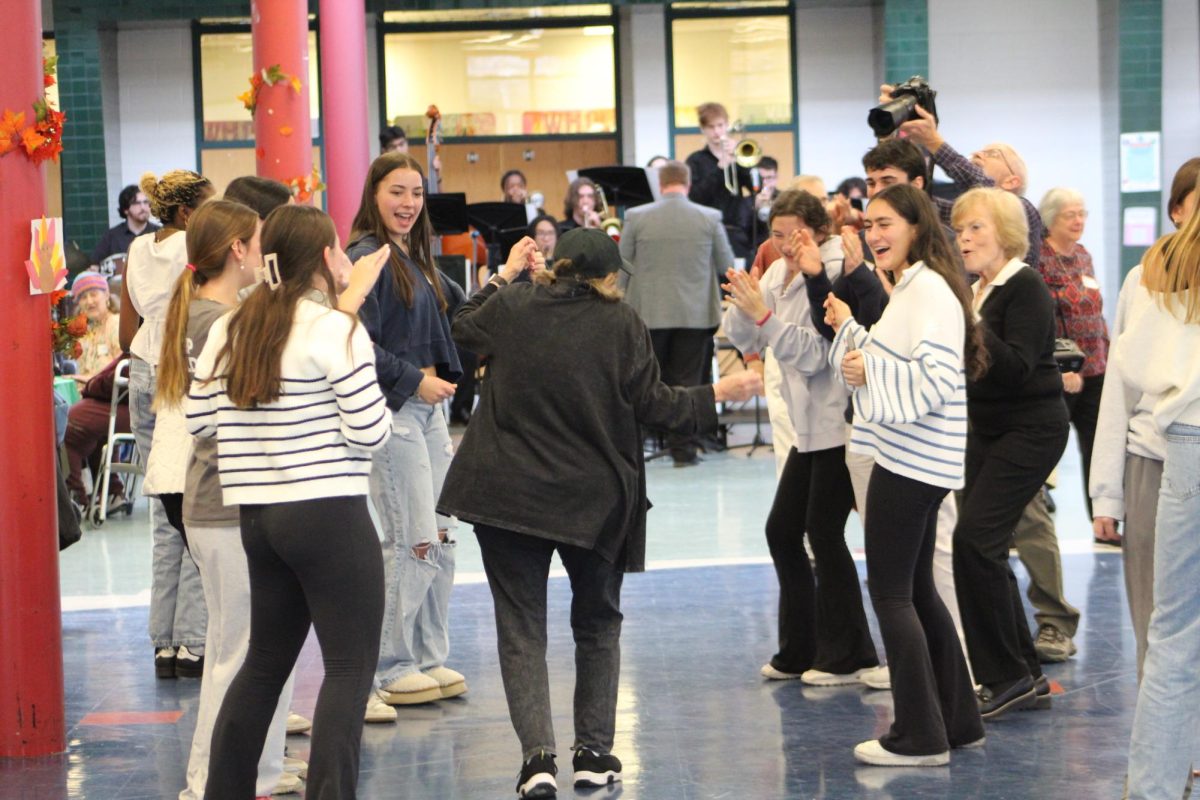On Sunday, November 6 in the early hours of the morning, our clocks jumped back from 2 a.m. to 1 a.m. Many were thankful for the time change as it granted us an extra hour of sleep; however, controversy surrounds the necessity of this annual time change known as daylight savings.
The practice of daylight saving actually originates at the beginning of civilization. Ancient societies would adjust their daily schedules depending on the position of the sun, utilizing the sun to decide the length of their workday. Fast forward thousands of years to 1918, where a daylight savings bill was passed in the US during World War I. This was an attempt to conserve energy by making better use of the daylight. Though repealed during peacetime, the idea was introduced again during World War II and once more during the 1973 oil embargo.
Since then, various laws have been passed making daylight savings the norm across the country. However, states have been allowed to choose whether or not to adopt the policy. Arizona and Hawaii, for example, have decided to opt out.
So what does this all mean? Are we turning our clocks backward and forward each year out of a pointless tradition? Or is it helping us better take charge of the day? According to some WJ students, there isn’t anything wrong with the annual time changes.
“I like daylight savings because it’s cool to say that time falls back in the fall and springs ahead in the spring,” junior Michael Nevett said. “Other than that, it seems to be important given how early it gets dark and there really aren’t too many long term negative effects.”
But the harsh truth of the matter is that there are in fact some long term effects. According to a 2006 study in Indiana, daylight savings created a 1% rise in energy use, the opposite of what it intended to do. Additionally, as stated by The Atlantic, daylight savings changes the early morning sun hours in order to get more daylight during the day, altering hours that are “important for those affected by [Seasonal Affective Disorder]… and very important for your sleep patterns.”
On the other side of this argument are those who believe daylight savings helps our schedule fit in with nature’s schedule. The system is designed to allow us more hours of sunlight to experience daily, helping us soak up more sun on a day-to-day basis. The vitamins our bodies take in from the sun are essential to our health and flipping the hours backward and forward each year could help us get the most we can out of it.
However, many Americans feel apathetic towards the issue and have accepted it as a tradition in their lives despite the connotations associated with it.
“Daylight savings is necessary to regulate the dark and light hours and doesn’t take much getting used to,” junior Matthew Melton said.
The question to be considered now is: Does daylight savings help us? Or does it make our lives more difficult than they need to be? Voice your opinion in the poll down below.
[playbuzz-item url=”//www.playbuzz.com/thepitchonline10/a-daylight-savings”]












